
by MH Team | Aug 26, 2024 | Platelet Disorders
TL;DR Embolus or embolism is a moving blood clot or foreign object that travels through the bloodstream. When it lodges in a blood vessel, it can block blood flow and cause serious complications. Origin ▾: Often originates from a blood clot (thrombus) in a...

by MH Team | Aug 19, 2024 | Platelet Disorders
TL;DR What is tissue plasminogen activator (tPA)? ▾ Tissue plasminogen activator (tPA) is a drug used to dissolve blood clots. How does it work? ▾ Works by activating plasminogen, which breaks down fibrin in clots. Medical uses...

by MH Team | Aug 14, 2024 | Red Blood Cells
TL;DR Thalassemia is a group of inherited blood disorders characterized by the reduced or absent production of hemoglobin, the protein in red blood cells that carries oxygen. Pathogenesis ▾ Caused by genetic mutations affecting globin chain production (alpha or...

by MH Team | Aug 5, 2024 | White Blood Cells
TL;DR Neutrophils are the most common type of white blood cell, serving as the body’s primary defense against bacterial and fungal infections. Function ▾: Neutrophils primarily function by engulfing and destroying invading microorganisms through a process...

by MH Team | Jul 25, 2024 | White Blood Cells
TL;DR Hairy cell leukemia (HCL) is a rare chronic B-cell leukemia with characteristic “hairy” cells. Epidemiology ▾: Primarily affects middle-aged men, with an unknown cause. Pathogenesis ▾: Involves abnormal B-cell development and the BRAF...
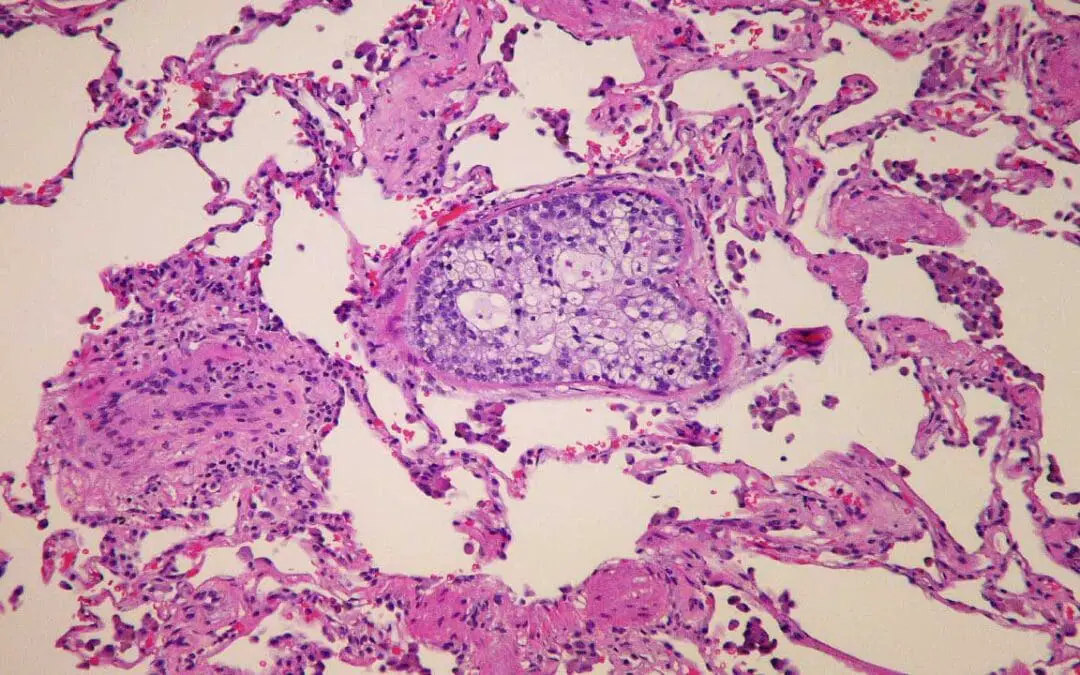

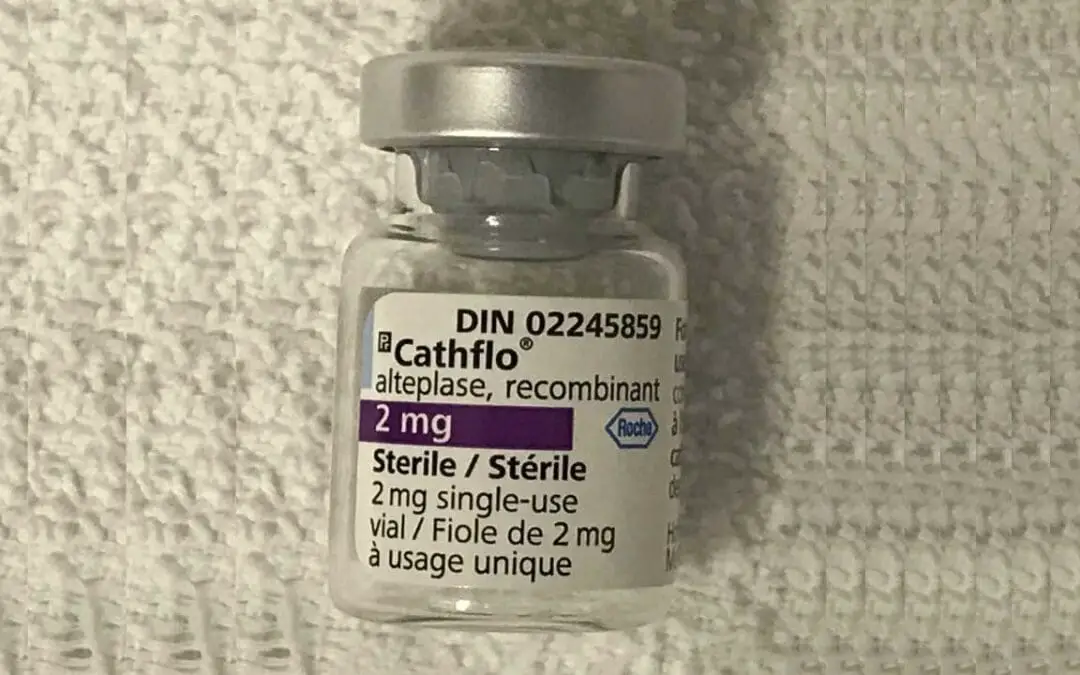
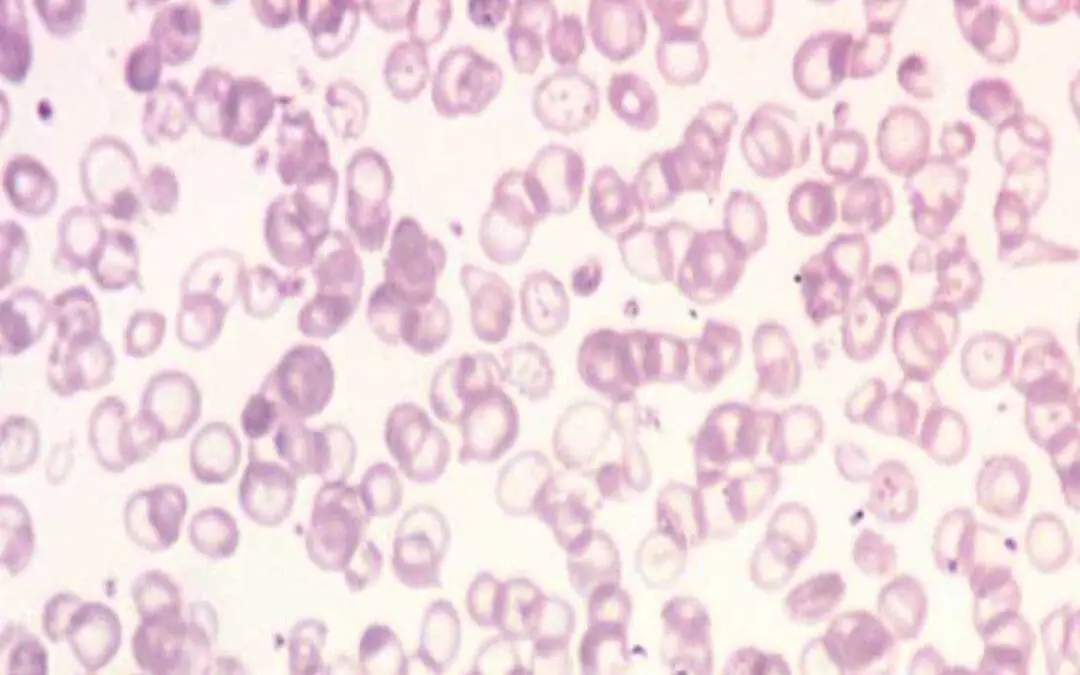
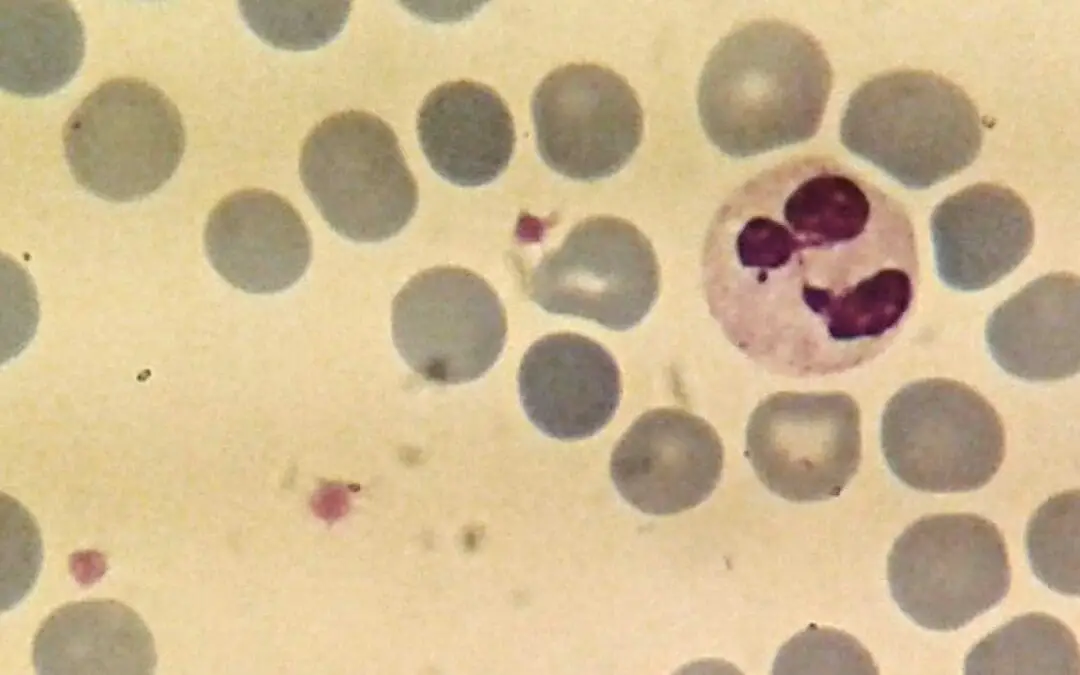
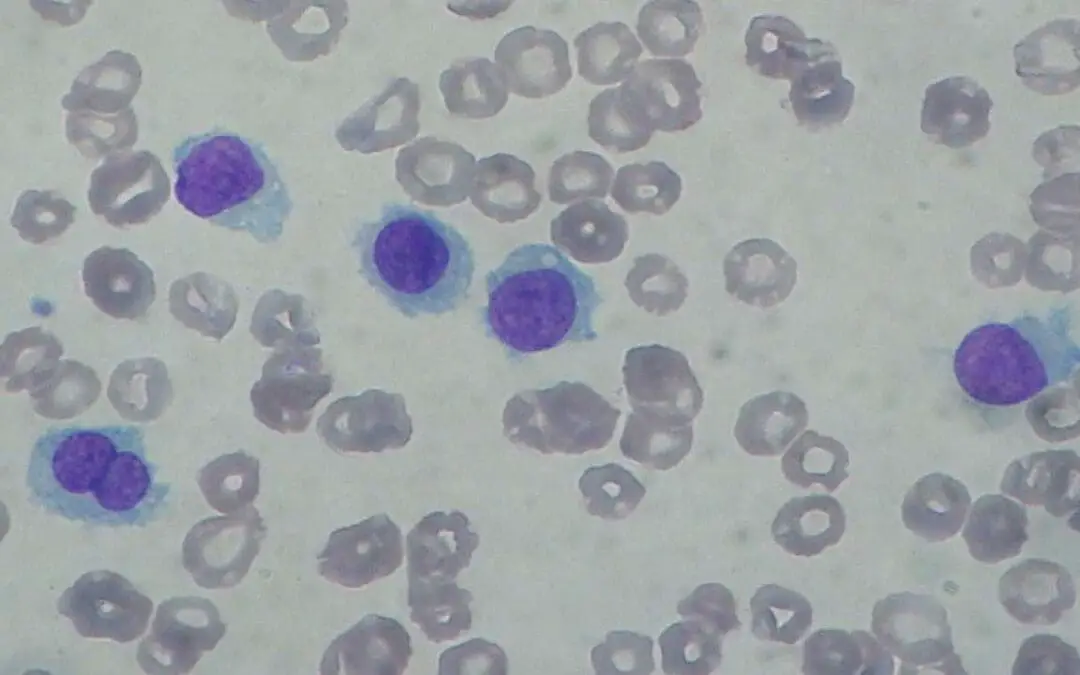

Recent Comments